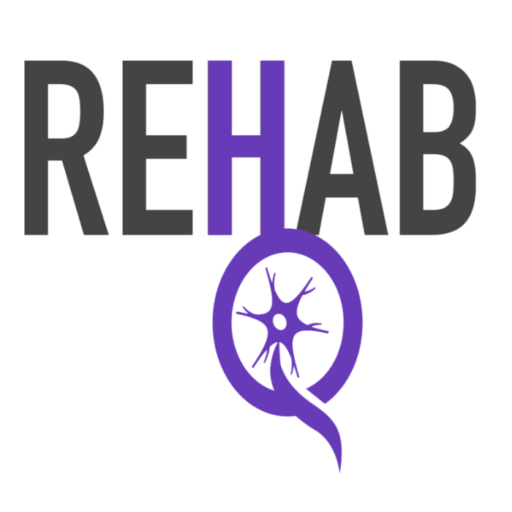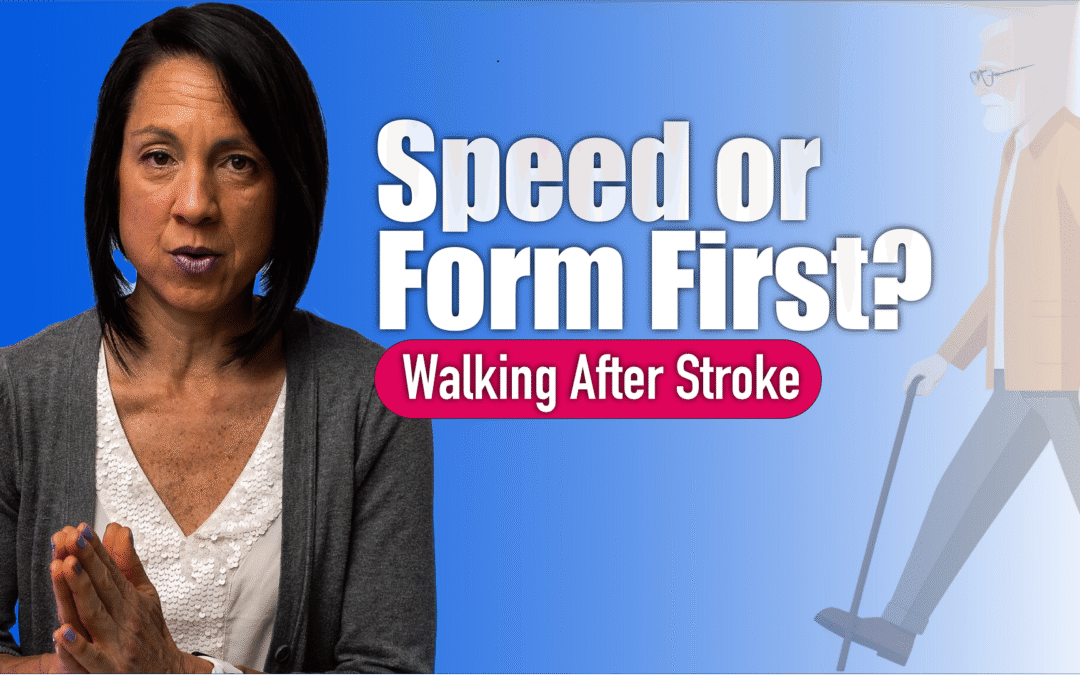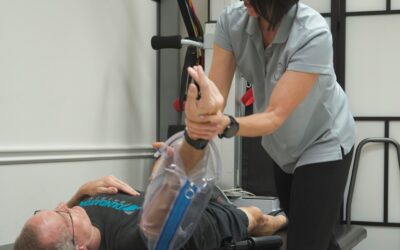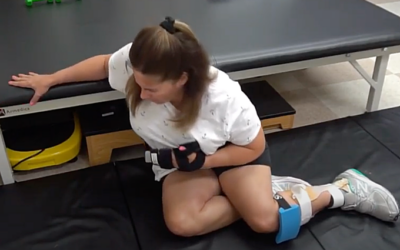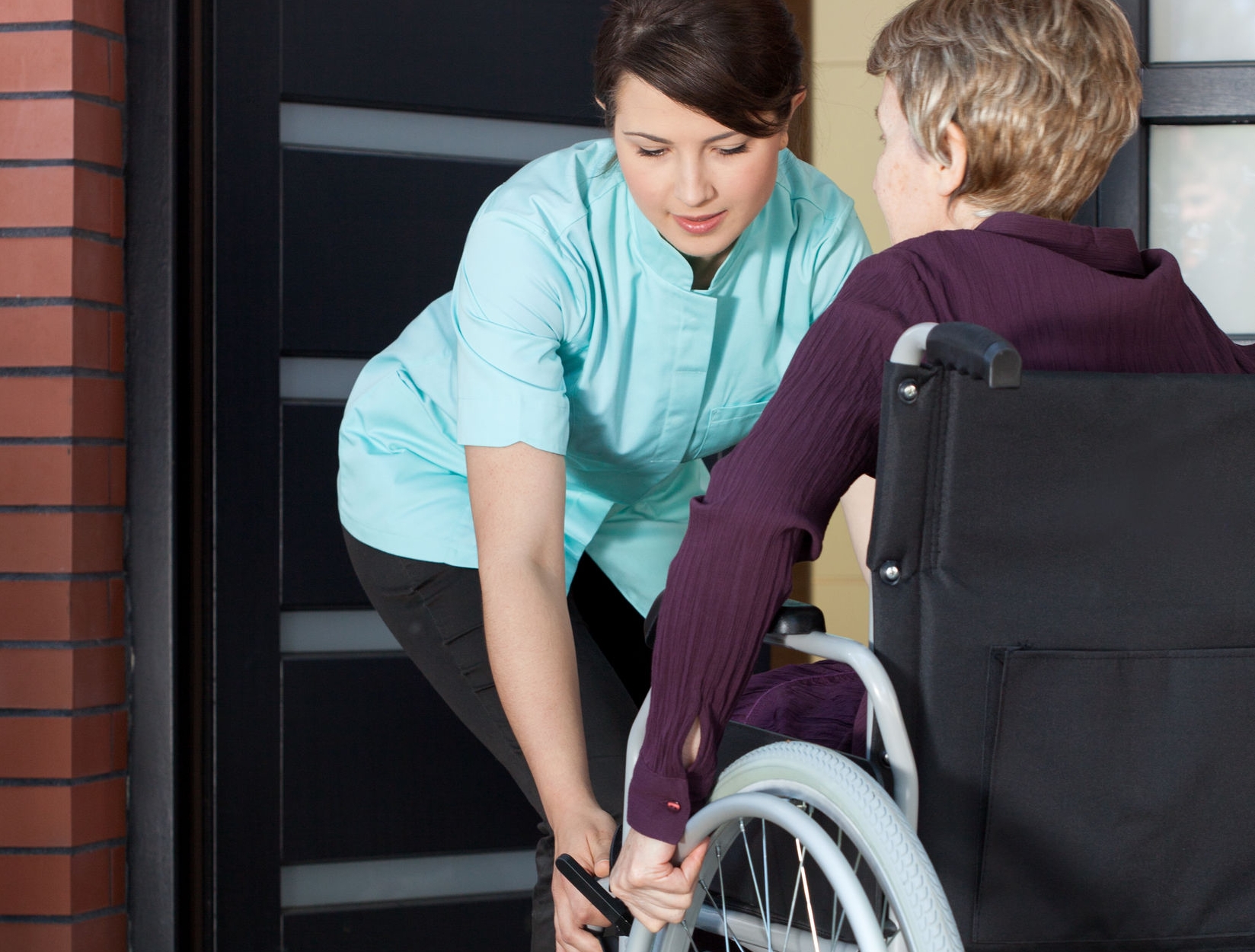The Real Impact of Neuro Rehab on Recovery
Recovering after a stroke often involves long hours of rehabilitation. Neuro rehab programs are designed to retrain the brain and body, helping survivors regain independence. Understanding the difference can help you make the most of your therapy and stay motivated on your rehabilitation journey.
What is Compensation?
This is about finding ways to get things done, even if the movement isn’t perfect. The focus is on speed and independence, using your stronger, unaffected side to assist with daily activities. For example, reaching for a cup quickly, even if your arm swings awkwardly.
Walking Focus: Therapists who emphasize compensation prioritize walking faster and longer, even if your movement isn’t ideal. The goal is function and independence, not perfect form.
Think of compensation as a way to keep moving forward safely, allowing you to perform tasks and participate in daily life without relying entirely on your affected side.
What is Facilitation?
This emphasizes performing movements correctly and efficiently, even if it takes longer. The goal is to retrain the brain and body in a healthy, sustainable way, reducing the risk of compensation or long-term pain. For example, lifting that cup with proper shoulder alignment and controlled movement.
Walking Focus: Therapists using facilitation may slow you down or reduce walking distance temporarily to focus on correct leg movement, posture, and coordination.
Facilitation is all about long-term improvement, preventing compensatory habits that could cause pain or imbalance later on.
When Neuro Rehab May Hurt Instead of Help
Unfortunately, not all neuro rehab programs are equal. Sometimes, therapy may unintentionally hold recovery back.
Common issues include:
-
Outdated methods: Some programs still rely on passive movements or techniques that don’t promote real neuroplasticity.
-
Overuse and pain: Pushing too hard or too soon can lead to shoulder pain, fatigue, or frustration.
-
One-size-fits-all approach: Recovery varies widely, and therapy that isn’t individualized may waste time or stall progress.
-
Neglect of emotional needs: Focusing only on the physical side while ignoring depression, anxiety, or motivation can slow healing.
Which Approach Should You Focus On?
The right approach depends on:
-
How long it has been since your stroke
-
The severity of your stroke and which parts of your body were affected
-
Your personal goals and daily life needs
Early Recovery 0-18 months: Facilitation is often more effective in the first months after a stroke, when the brain is most adaptable. Retraining movement patterns early can prevent long-term compensations that may be harder to correct later.
Later Recovery +18 months: Compensation may become more important if your main goal is independence and safety in daily life, especially when full recovery of the affected side is limited.
The most effective neuro rehab programs balance these two: starting with careful, high-quality movements, then gradually increasing speed and functional independence as the brain adapts.
The Bottom Line
Neuro rehab can be life-changing, but only when it’s done right. The best programs are personalized, evidence-based, and focused on both physical and emotional recovery. Balancing speed/function with form/quality ensures you regain independence safely and sustainably. If your therapy feels like it’s holding you back, it may be time to re-examine your options and explore approaches that truly support healing.
Neuro rehab should help you move forward, not leave you stuck. Ask the hard questions, demand individualized care, and remember: progress is possible.
Articles you may be interested in
What is Stroke Rehabilitation?
Most likely you or someone you know will require stroke rehabilitation in their lifetime. The fact is, 700,000 people suffer a stroke each year (in the US) and two-thirds will survive. Of those who survive, post-stroke rehabilitation is critical. What is Post-Stroke...
Stroke Walking Aide: Product Guide
Re-learning how to walk after a stroke can be challenging. And finding the best walking aid can be one of the most critical decisions when it comes to regaining your independence. But with so many different options on the market, how do you choose? Well, you are in...
Getting up from the floor: Advanced
Getting up from the floor is an invaluable skill to have in your mobility "toolbox". First, it offers peace of mind knowing that if you ever find yourself (unintentionally) on the floor, you could help yourself. Second, getting on the floor (and getting back...
Returning Home After a Stroke
So, you finally get the great news you have been waiting for. You are FINALLY returning home after your stroke. But is it? I mean, IS it good news? Am I ready to take care of myself? Can I take care of myself? If you...
